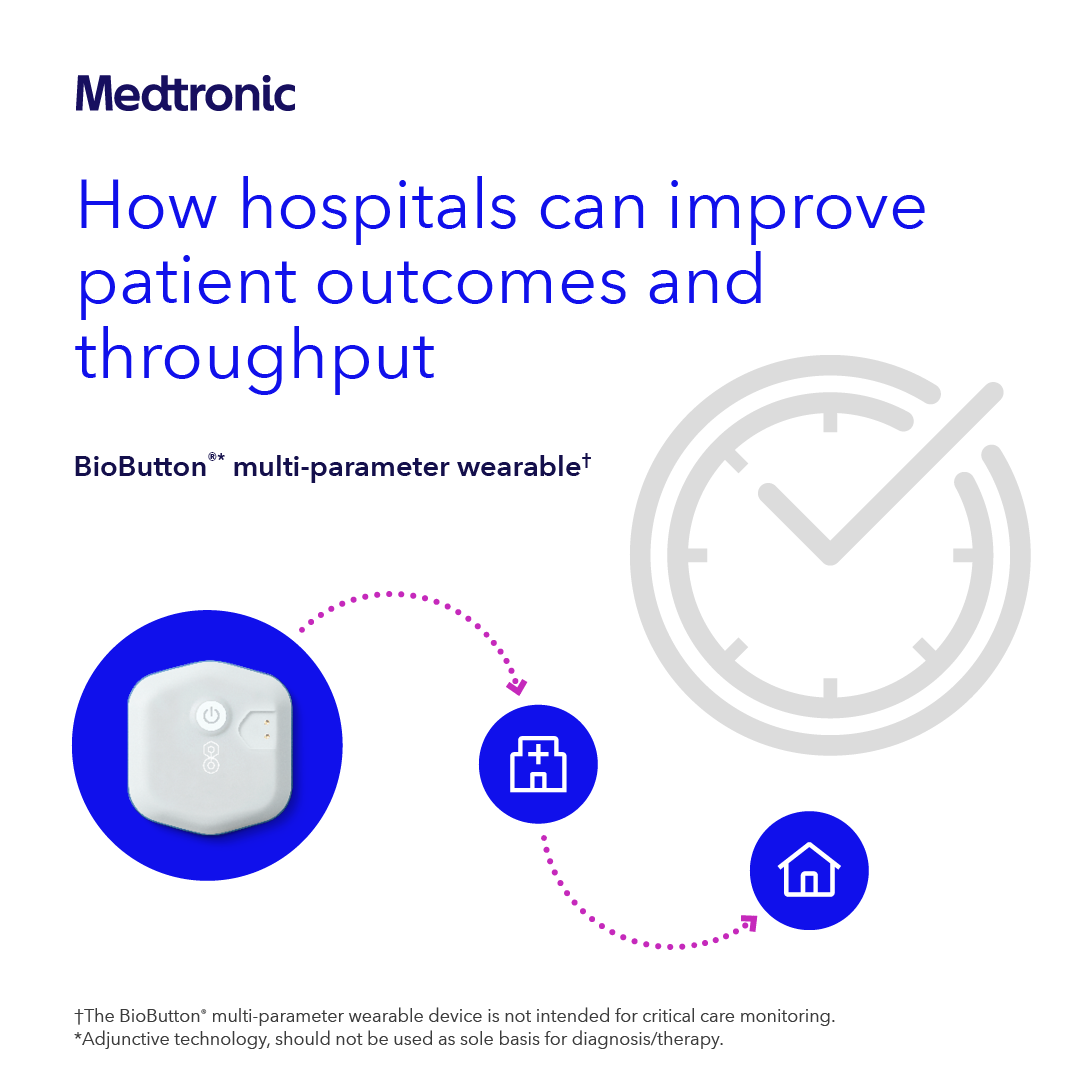CEO's Corner - May 2020

In 2003, while still living in Toronto, the SARS pandemic hit, and Canada and Toronto were especially impacted. I thought that was the worst I would ever see in terms of the strain on health care providers and my nursing colleagues.
I was on maternity leave with my youngest daughter at the time, but I was hearing and seeing frightening and devastating news about how SARS was impacting my colleagues. Nurses and health care providers were overwhelmed, nurses and health care providers were dying. I had no idea it could ever be worse, but clearly I was wrong. You are all experiencing what worse looks like, and if there was ever a time we needed each other, it is now.
If you have heard me speak on my dissertation on second victim syndrome (https://library.amsn.org/amsn/sessions/5228/view) or have listened to my most recent Med-Surg Moments: The AMSN Podcast with Alissa, you know that I feel passionately about nurse well-being.
The ‘cost of caring’ is recognized as an unintended consequence of caring for individuals. For many of us these consequences have traditionally been emotional and psychological, manifesting as burnout, compassion fatigue, second victimization, or moral distress, to name but a few. We can now add physical consequences as a cost of caring. You are risking your health caring for your patients.
Psychological capital is a concept that has been shown in studies to protect you from the negative emotional and psychological effects of nursing (Avey, Luthans, Smith, & Palmer, 2010; Avey, Luthans, & Youssef, 2009; Bao & Taliaferro, 2015; Brunetto, Rodwell, Shacklock, Farr-Wharton, & Demir, 2016; Luthans & Jensen, 2005; Sweet & Swayze, 2017).
Psychological capital is made up of four components: self-efficacy, optimism, hope and resilience. Resilience gets a lot of attention in the nursing field for good reason, but it is but one piece of psychological capital. We need also to focus on the other elements and build all four components so that we can protect ourselves psychologically and emotionally from the effects we encounter caring for others.
What is most interesting to me, and critical to any conversation about building protective resources for nurses is the role social capital, or social support, plays in developing someone’s psychological capital. My dissertation was a study of the role social capital plays in combination with psychological capital, on a nurse’s ability to minimize the occurrence of second victimization.
It became clear to me that the social support available to a nurse is the single most important factor in protecting that nurse from second victim syndrome. My study confirmed what most of the literature on second victim syndrome found: how we are treated and supported by our colleagues, our supervisors and leaders and the profession overall play a significant role in how we are able to deal with negative events.
I am worried about the mental health of every nurse right now. I feel the psychological impact of COVID-19 will be greater than any of us realize. So, we need each other more than ever right now. To every single nurse: talk to your colleagues, listen to them, be there for them.
To all nurse supervisors, managers and leaders: support your staff, listen to them, do what you can to make them feel appreciated, understood and heard. To all healthcare leaders: recognize the severity of the problem, listen, learn, support. We can get through this together. We can only get through this together.
In addition to encouraging you to build your social support, AMSN has recorded a webinar “Coping Through the Crisis: An Introduction to EFT for Bedside Nurses” that can help you manage your stress and anxiety. This webinar was recorded April 9, 2020 and is provided free of charge for all nurses. Please feel free to share with your friends and colleagues.
Avey, J. B., Luthans, F., Smith, R. M., & Palmer, N. F. (2010). Impact of positive psychological capital on employee well-being over time. J Occup Health Psychol, 15(1), 17-28. doi:10.1037/a0016998
Avey, J. B., Luthans, F., & Youssef, C. M. (2009). The additive value of positive psychological capital in predicting work attitudes and behaviors. Journal of Management, 36(2), 430-452. doi:10.1177/0149206308329961
Bao, S., & Taliaferro, D. (2015). Compassion Fatigue and Psychological Capital in Nurses Working in Acute Care Settings. International Journal for Human Caring, 19(2), 35-40.
Brunetto, Y., Rodwell, J., Shacklock, K., Farr-Wharton, R., & Demir, D. (2016). The impact of individual and organizational resources on nurse outcomes and intent to quit. J Adv Nurs, 72(12), 3093-3103. doi:10.1111/jan.13081
Luthans, K. W., & Jensen, S. M. (2005). The linkage between psychological capital and commitment to organizational mission: A study of nurses. Journal of Nursing Administration, 35(6), 304-310.
Sweet, J., & Swayze, S. (2017). The multi-generational nursing workforce: Analysis of psychological capital by generation and shift. Journal of Organizational Psychology, 17(4), 19-28.



